Tanzania, with its breathtaking landscapes, vibrant cultures, and iconic wildlife, has long captivated the hearts of travelers and adventurers. From the snow-capped peaks of Mount Kilimanjaro to the sun-kissed beaches of Zanzibar, this East African gem offers more than just scenic beauty—it’s a hub for meaningful change through volunteering. Volunteering in Tanzania (International Volunteer HQ) has emerged as a powerful way for individuals from around the world to contribute to local communities, fostering sustainable development and personal growth. Organizations like International Volunteer HQ (IVHQ) and Volunteers Tanzania have pioneered affordable, impactful programs that allow volunteers to immerse themselves in rural and urban settings, particularly around Arusha, where many projects are based. These initiatives not only address immediate needs but also create lasting ripples of transformation, proving that one dedicated volunteer can indeed change a community one project at a time.
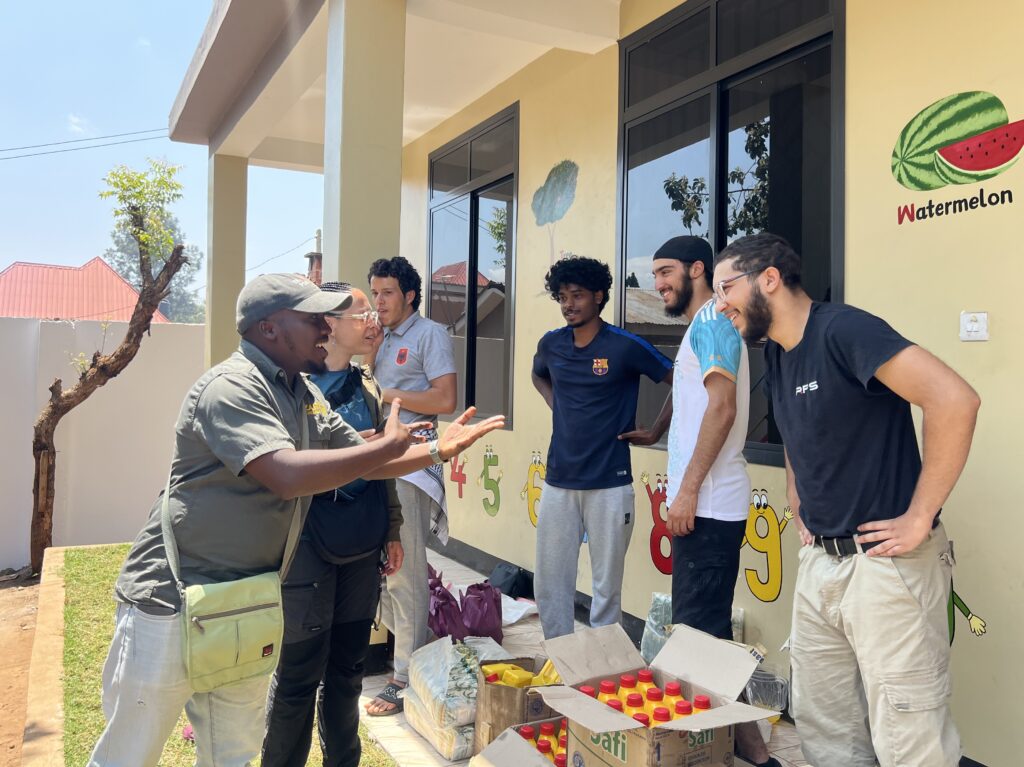
The allure of volunteer opportunities in Tanzania (International Volunteer HQ) lies in their diversity and accessibility. With program fees starting as low as $20 per day, including accommodation and meals, these opportunities are designed for everyone—from students and gap-year travelers to professionals seeking purpose. IVHQ, for instance, has facilitated over 149,000 volunteer placements worldwide, with Tanzania being one of its flagship destinations. Volunteers arrive in Arusha, a bustling gateway to safaris in the Serengeti and Ngorongoro Crater, and quickly integrate into host communities. The orientation process, held on the 1st and 15th of each month, covers essential topics like Swahili basics, cultural etiquette, and safety, ensuring participants are prepared to make a positive impact. As one volunteer shared after a childcare placement, “The IVHQ program to Tanzania was everything and more! Arusha is such a beautiful place with so much to explore.” This hands-on approach not only empowers volunteers but also builds bridges between global citizens and Tanzanian locals, promoting mutual understanding and respect.
At the core of these efforts are volunteer programs Tanzania (Volunteers Tanzania) that span education, healthcare, conservation, and community development. These programs emphasize sustainability, ensuring that the benefits extend far beyond the volunteer’s stay. For example, Volunteers Tanzania partners with local NGOs to focus on long-term goals like improving infrastructure and skill-building, rather than short-term aid. Participants often combine their service with add-on experiences, such as Maasai village immersions or wildlife safaris, creating a holistic adventure that blends altruism with exploration. According to reports from organizations like Go Volunteer Africa, such programs have helped thousands of volunteers contribute to projects that enhance food security, education access, and environmental protection. By 2025, with Tanzania’s population nearing 70 million and challenges like climate change intensifying, these volunteer programs have become indispensable in bridging resource gaps.
Community Volunteering Tanzania (Go Volunteer Africa): Building Stronger Foundations
Community volunteering Tanzania (Go Volunteer Africa) stands out as a cornerstone of grassroots change, where volunteers collaborate directly with locals to tackle everyday challenges. Go Volunteer Africa, a self-sustaining organization, acts as a volunteer center connecting international participants with NGOs in regions like Arusha, Moshi, and Dar es Salaam. These projects often involve capacity-building initiatives, such as constructing schools, installing water systems, and promoting economic stability through agriculture. Volunteers work alongside community members, learning about Tanzanian customs while sharing skills in areas like project management and vocational training.
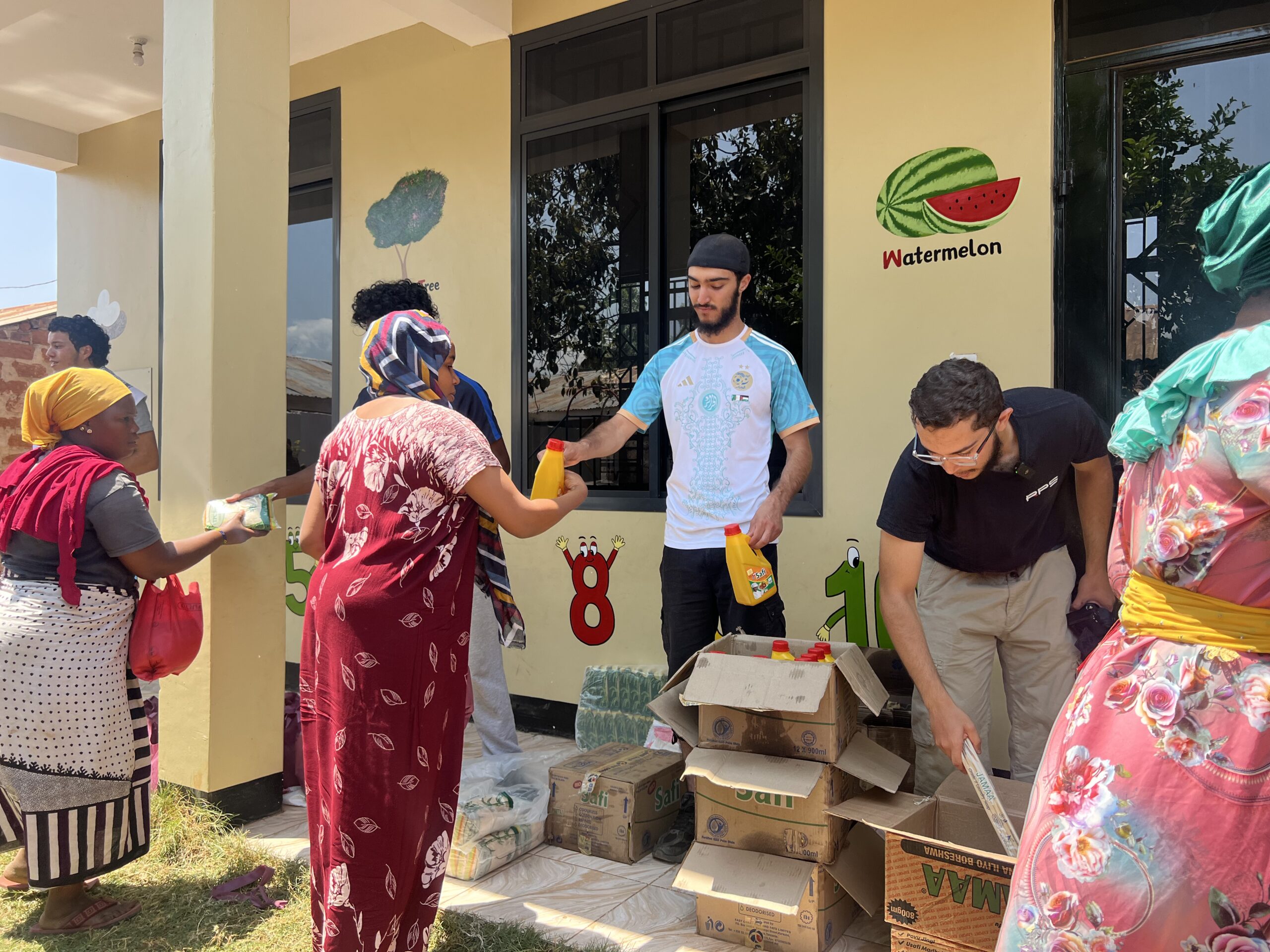
One striking example is the focus on rural empowerment. In many villages, where agriculture drives 24.5% of the GDP, volunteers help implement climate-resilient farming techniques to combat drought and soil degradation. A volunteer on a Go Volunteer Africa program described their experience: “We spent days planting trees and educating farmers on sustainable practices, seeing immediate joy in the community’s faces.” Such efforts not only boost local economies but also foster resilience against environmental threats. Moreover, community volunteering encourages cultural exchange; volunteers often participate in traditional dances or market visits, deepening their appreciation for Tanzania’s 120+ ethnic groups. By prioritizing low-cost, personalized placements, Go Volunteer Africa ensures that volunteering remains accessible, with programs starting from just a few weeks. This model has led to tangible outcomes, like improved school facilities in Maasai communities, where volunteers have helped refurbish classrooms, directly benefiting over 140 children in one Zanzibar project alone.
The impact here is profound: communities gain skills and infrastructure, while volunteers return home with a renewed sense of global citizenship. As Tanzania grapples with urbanization and poverty, these volunteer-driven projects create self-reliant villages, proving that collective action can transform isolated areas into thriving hubs.
Teaching Volunteer Tanzania (Volunteers Tanzania): Igniting Young Minds
Education is the great equalizer, and teaching volunteer Tanzania (Volunteers Tanzania) programs exemplify how volunteers can shape the future of an entire generation. With schools often overcrowded—classes of up to 80 students—and understaffed, international helpers provide crucial support. Volunteers Tanzania places participants in primary and secondary schools around Arusha and Moshi, where they assist local teachers in subjects like English, math, and science. No formal qualifications are required; instead, enthusiasm and a willingness to adapt are key. Volunteers lead lessons, organize games, and even work in special needs schools, helping children with disabilities build confidence and skills.
The emphasis on English is particularly vital, as it’s essential for tourism jobs and higher education in this economy. One volunteer recounted, “Teaching in a government school in Moshi was eye-opening; the kids’ eagerness to learn English opened doors I never imagined.” Programs run year-round, with breaks aligning to school holidays, allowing flexibility. Volunteers often incorporate creative activities like arts and crafts, using donated supplies to make learning fun. In Maasai schools, for instance, volunteers bridge cultural gaps by teaching life skills alongside academics, empowering girls who might otherwise drop out to support their families.
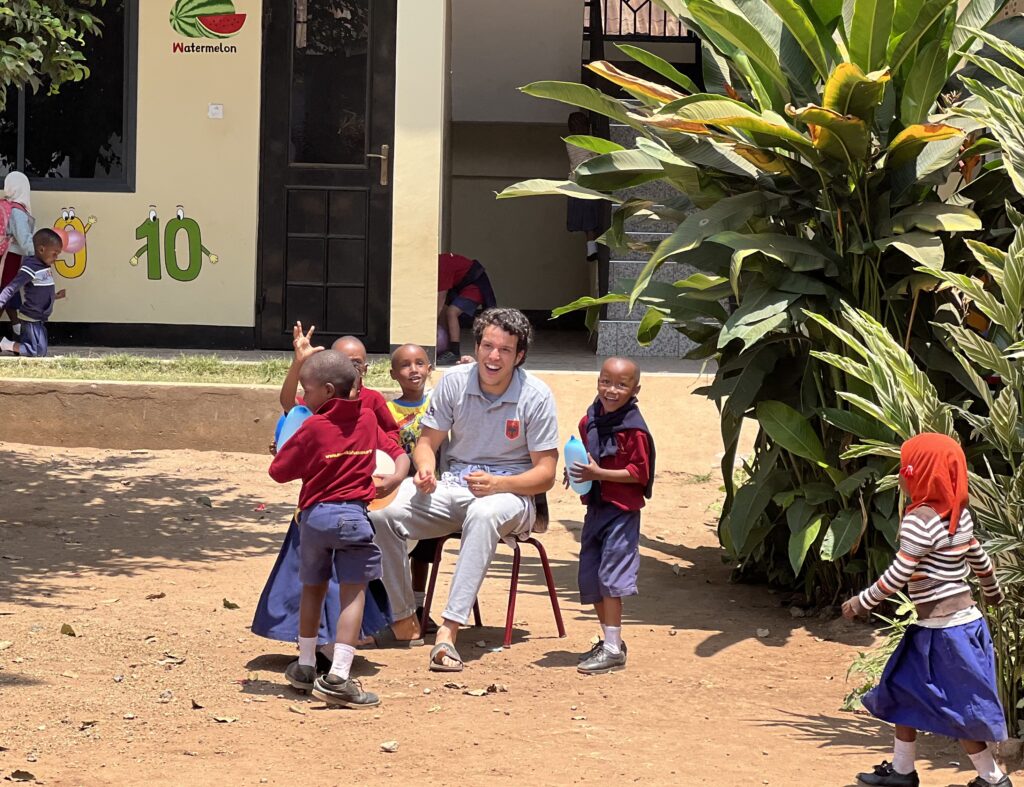
These initiatives have measurable effects: improved literacy rates and student retention, as seen in projects where volunteers helped establish after-school clubs. By fostering a love for learning, teaching volunteer Tanzania efforts ensure that children in low-income areas aren’t left behind, contributing to Tanzania’s broader goal of universal education by 2030.
Women Empowerment Projects Tanzania: Fostering Equality and Independence
In a country where gender disparities persist, women empowerment projects Tanzania (Volunteers Tanzania) are vital for breaking cycles of inequality. These programs target marginalized women, offering skills training in areas like sewing, beekeeping, and business management to promote financial independence. Volunteers Tanzania collaborates with local cooperatives in Arusha, where participants facilitate workshops on health, rights, and entrepreneurship. Volunteers might lead English classes or help organize fundraising events, such as open days for selling handmade goods.
A poignant aspect is the focus on survivors of abuse or early pregnancy, providing safe spaces for education and support. As one volunteer noted, “Empowering these women meant giving them tools for a sustainable income—watching them gain confidence was transformative.” Projects often include community outreach, raising awareness about gender equality in mining regions like Geita. By 2025, such initiatives have empowered thousands, with women starting small businesses that benefit entire families.
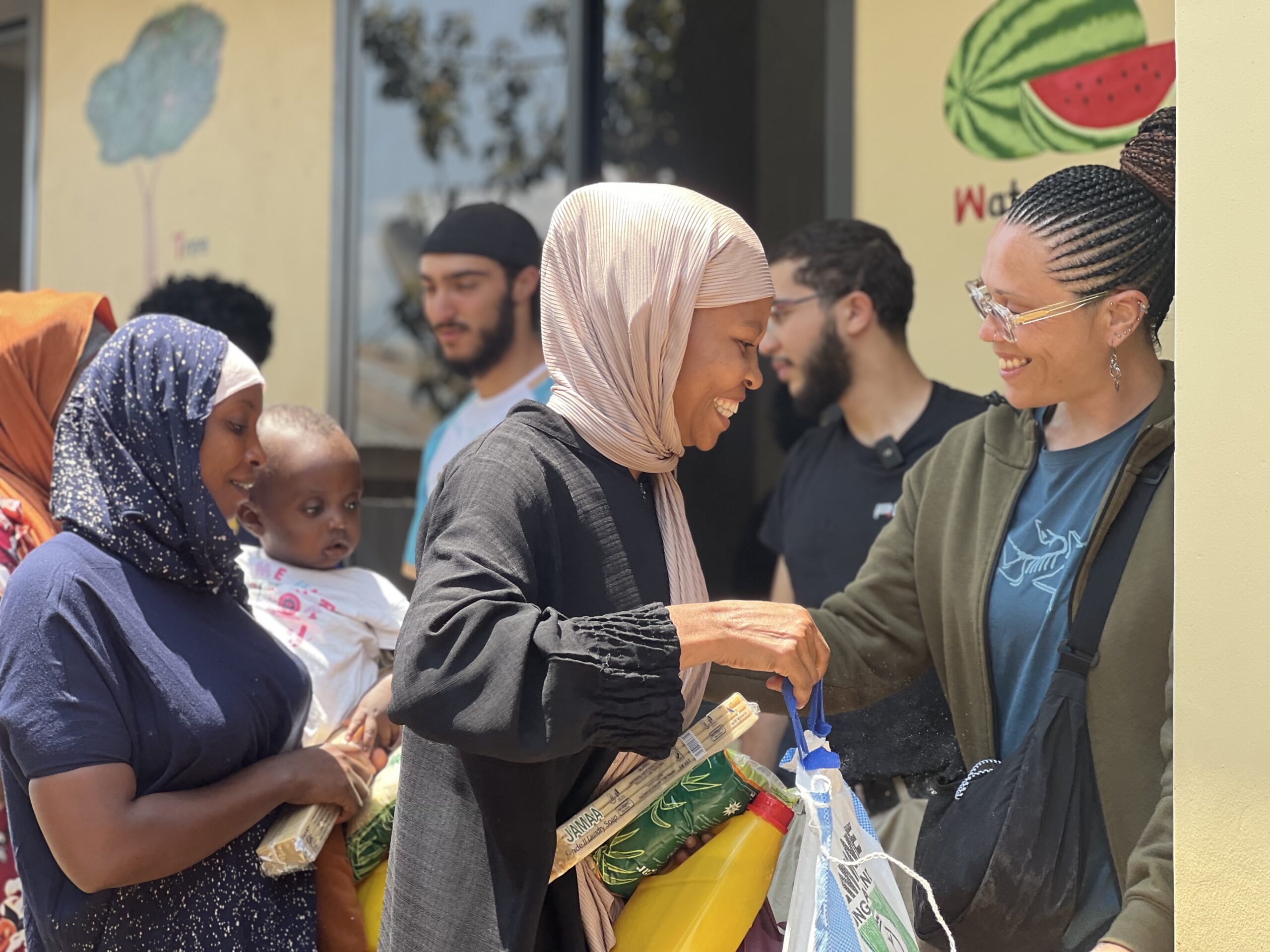
Volunteers, many of whom are women themselves, bring diverse perspectives, creating sisterhoods that transcend borders. These projects align with UN Sustainable Development Goals, reducing poverty and promoting equity, one empowered life at a time.
Sustainable Volunteer Projects Tanzania: Nurturing the Land for Tomorrow
Sustainability is at the heart of Tanzania’s future, and sustainable volunteer projects Tanzania (Volunteers Tanzania) address environmental and agricultural challenges head-on. Volunteers work on reforestation, sustainable farming, and eco-education in rural areas like Monduli and Zanzibar. Tasks include tree planting, building chicken coops for food security, and teaching composting techniques to combat deforestation, which affects 24% of the workforce reliant on agriculture.
IVHQ’s sustainable agriculture program, for example, supports farmers in implementing drought-resistant crops, while Go Volunteer Africa runs beekeeping initiatives for women. Volunteers live immersively, often in forest camps, gaining hands-on experience. “Planting mangroves in Zanzibar felt like directly fighting climate change,” shared a participant. These projects yield long-term results: restored habitats, increased biodiversity, and resilient communities. By integrating conservation with community needs, they ensure Tanzania’s natural wonders—like the Serengeti—endure for generations.
Medical Volunteering Tanzania , Healing Hands Across Borders
Healthcare access remains a pressing issue in Tanzania, making medical volunteering Tanzania (Volunteers Tanzania) indispensable. Programs place pre-med students, nurses, and professionals in clinics and hospitals around Arusha, where volunteers shadow doctors, assist in outreaches, and conduct health education on HIV/AIDS and malaria. With facilities often under-resourced, volunteers help with patient care, from midwifery to physiotherapy.
IVHQ requires participants to be in their third year of study or qualified, ensuring ethical involvement. A volunteer’s reflection: “Joining rural outreaches showed me the real impact of preventative care.” These efforts have reduced disease burdens, with programs like those at Tengeru Hospital treating thousands annually. By 2025, medical volunteering has bolstered Tanzania’s health system, saving lives and training locals.
Environmental Conservation Volunteering Tanzania: Protecting Paradise
Tanzania’s biodiversity is legendary, and environmental conservation volunteering Tanzania (Volunteers Tanzania) safeguards it. Volunteers in Zanzibar’s Jozani Forest or Mafia Island tackle marine and rainforest preservation, monitoring endangered species like red colobus monkeys and whale sharks. Activities include reef restoration, anti-poaching patrols, and awareness workshops.
Organizations like IVHQ emphasize low-impact tourism, with volunteers planting trees and educating on sustainability. “Snorkeling to tag turtles was thrilling yet purposeful,” one volunteer said. These projects combat habitat loss, preserving ecosystems vital for tourism, which supports 25% of the economy. Through such efforts, volunteers ensure Tanzania’s wildlife thrives.
Child Care Volunteer Projects Tanzania: Nurturing the Next Generation
Finally, child care volunteer projects Tanzania (Volunteers Tanzania) focus on early childhood development in underfunded centers. Volunteers in Arusha assist with daily routines, games, and basic education for kids from low-income families, allowing parents to work. No experience needed; passion suffices. Tasks include meal prep, storytelling, and hygiene lessons.
placements emphasize non-residential care, avoiding orphanages for ethical reasons. “The joy on those kids’ faces during playtime was priceless,” a volunteer shared. These projects prevent stunting and boost school readiness, impacting thousands. By providing stimulation and love, volunteers lay foundations for healthier, educated futures.
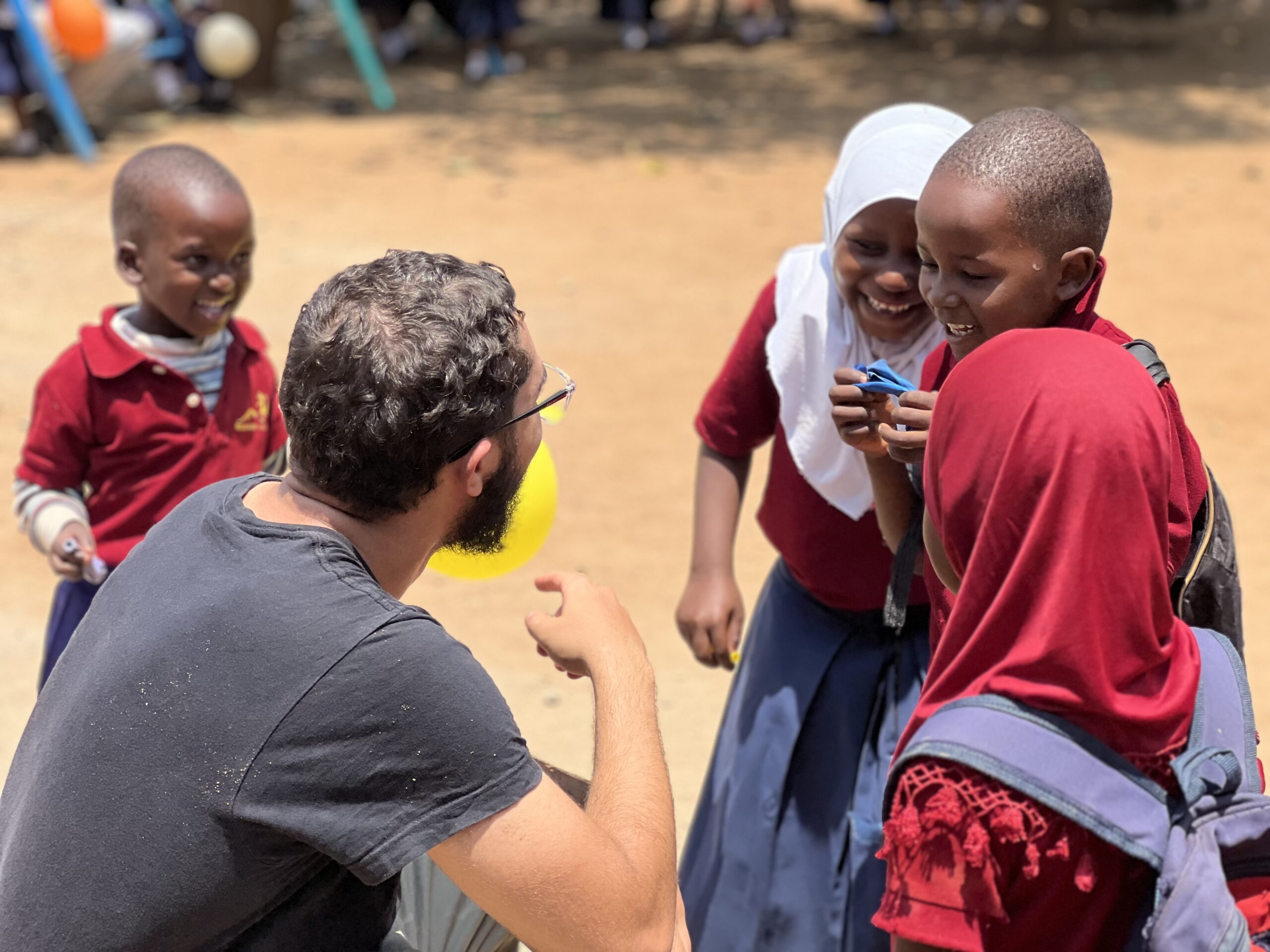

A Legacy of Change
Volunteering in Tanzania isn’t just a trip—it’s a catalyst for profound community transformation. From teaching volunteer Tanzania to environmental conservation volunteering Tanzania, each project weaves volunteers into the fabric of local life, creating sustainable impacts that endure. Organizations like IVHQ and Volunteers Tanzania have democratized these opportunities, making them affordable and inclusive. As one volunteer summed up, “Tanzania changed me as much as I changed it.” Whether through women empowerment projects Tanzania or child care volunteer projects Tanzania, one project at a time, volunteers are building a brighter, more equitable East Africa. If you’re ready to join this movement, the rewards—personal and communal—are boundless.